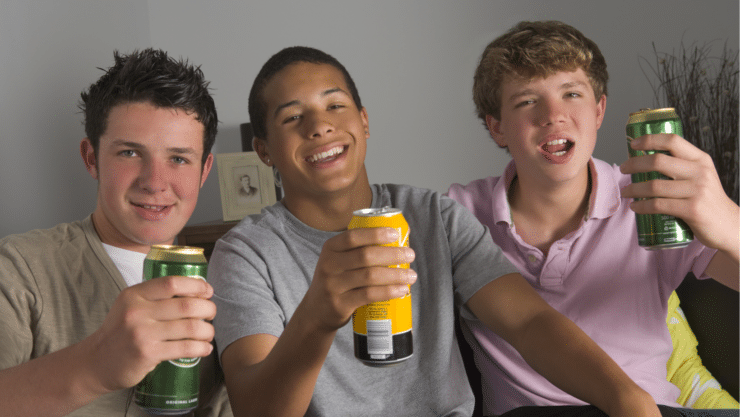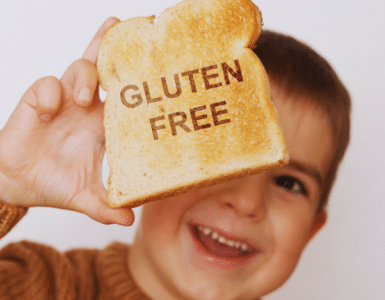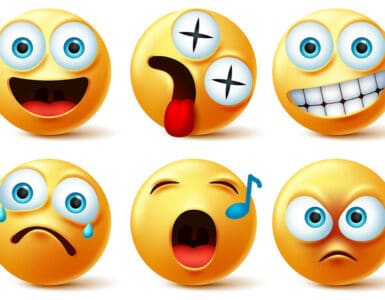According to the National Institute on Alcohol Abuse and Alcoholism, “People ages 12 to 20 drink 4% of all alcohol consumed in the United States. Although youth drink less often than adults… when they do drink, they drink more.”
But in certain cultures around the world underage drinking is normalized. I grew up in a Latin American household and remember trying wine coolers when I was 7!
I was allowed to drink at home when I was a teenager since it’s not seen as that big a deal in my culture. Occasionally I’d have a glass of wine, but I didn’t drink very much around my parents. As with most teens, I’d usually opt to drink with my friends or at parties.
Like me, many teens have their first sip of alcohol in front of their parents. There’s a few main reasons why parents allow their teens to try alcohol at home:
- They assume their teen will drink anyway, so it’s safer for them to try their first drink at home.
- Parents think it can help show their teen how to drink responsibly.
- Parents also think they can prevent their teen from driving drunk.
- They think because other cultures and countries have a lower drinking age, then teen drinking must not be dangerous for your health.
Teen Drinking is More Dangerous Than Many Think
In terms of safety, even if drinking at home prevents drunk driving, alcohol can still cause serious harm to teens.
This study shows that teens who are introduced to alcohol at an early age are more likely to binge drink and have other alcohol problems. Teen drinking can also have negative effects on a teen’s brain and cause lifelong health issues.
From my teens to mid-30s, I abused alcohol and binge drank a lot. Thankfully, I never became addicted to alcohol and have been sober for 5 years.

Now that I’m sober, I realize just how harmful alcohol is to one’s body. And that’s especially true when you binge drink.
I stopped drinking because I had painful ulcers from abusing alcohol. I’d also had a harder time recovering from hangovers and didn’t think the high of drinking was worth feeling awful for the rest of the week.
Honesty is The Best Policy
At the height of my party days, nothing would have slowed me down. I only quit once drinking stopped being fun.
In my experience, the smartest way to encourage your teenager to avoid alcohol completely, or at least drink responsibly, is to just be real with them.
Talk to your teen honestly about the good and bad aspects of alcohol. Obviously is can be fun, it makes you feel more relaxed and confident, and it helps you feel more social. But you can become addicted, binge drinking can lead to dangerous behavior, it can damage your brain, your liver, your stomach, and your overall health. Plus, hangovers can be truly awful to deal with.
Outright forbidding your child to drink is not going to teach them anything and will only make it more likely for them to do it behind your back. But normalizing alcohol by encouraging your teen to drink at home is not ideal either.
ALSO: The Shocking Dangers of Teen Vaping
Share your personal experiences with alcohol and explain why you think it’s best that they avoid drinking altogether. Also make it clear that if they ever end up having a problem because of alcohol, they can come to you and get help and you won’t judge them or punish them.
If you educate them properly and honestly, they will respect what you have to say. That’s about the best thing you can hope for as a parent.










Add comment